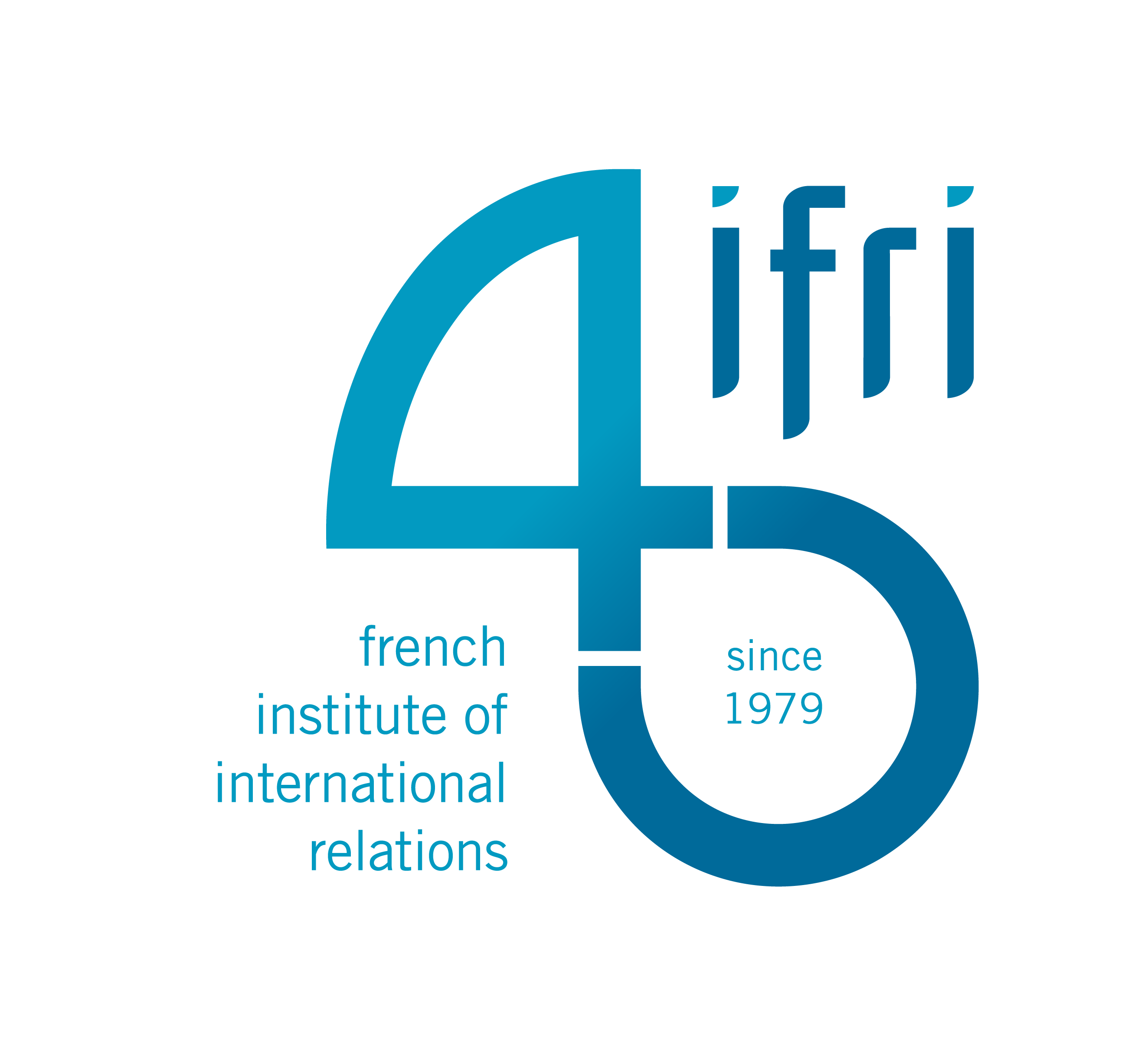With the war in Ukraine, Germany’s “traffic light” coalition government has had to adapt its climate policy to the upheavals caused by this war, which has turned its economic, energy, and military model upside down. Against a backdrop of high energy costs and increasing calls for reshoring in Europe, German industry is looking at how to maintain its competitiveness while decarbonizing its industry.
To combat climate change and find new forms of energy cooperation that are more sustainable for the planet, the federal government has set up a Strategy on Climate Foreign Policy bringing together its collaborative actions with partner countries. Climate, energy, and development partnerships play a vital role in this context, and emerging countries are key partners for climate initiatives. They have a high demand for energy and exploit resources, though without always respecting environmental, social, and governance standards. Their renewable energy (RE) production potential is significant, and there are major opportunities for CO2 reduction thanks to modernization technologies that Germany is seeking to transfer to its partners. To this end, Germany is using a multitude of diplomatic tools and is leveraging a unique network of international agencies, chambers of commerce and climate finance players.
About the Author
Jeanette Süẞ is researcher at the Study Committee on Franco-German (Cerfa) at the French Institute of International Relations (Ifri), working in particular on the European Union and the Franco-German relations.


